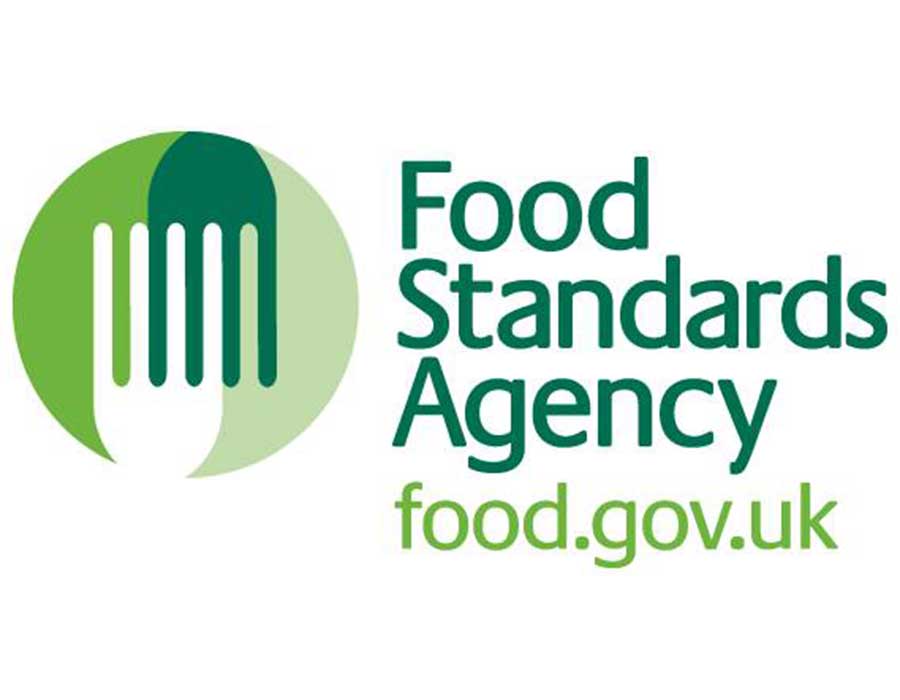VETERINARY ANTIMICROBIAL RESISTANCE AND SALES SURVEILLANCE REPORT PUBLISHED
The Veterinary Medicines Directorate (VMD) and APHA recently published the UK Veterinary Antimicrobial Resistance and Sales Surveillance (UK-VARSS) report for 2023.
This year’s UK-VARSS report marks 10 years of bringing together data on antibiotic sales, usage and resistance. It shows long-term trends and demonstrates how reducing antibiotic use has been followed by a reduction in antimicrobial resistance (AMR) at a national level.
In the UK, from 2005 it has been a statutory requirement for pharmaceutical companies to report to the VMD the amount of antibiotic products sold for use in animals. The quantity of active ingredient is calculated from the amounts sold and the product characteristics. These sales data do not take into account wastage of veterinary antibiotics. However, this is the best currently available approximation of the quantity of antibiotics administered to animals in the UK.
The report reveals that sales of veterinary antibiotics for use in food-producing animals has not changed since 2022 but there has been an overall 59% decrease since 2014.
You can read the report in full here























